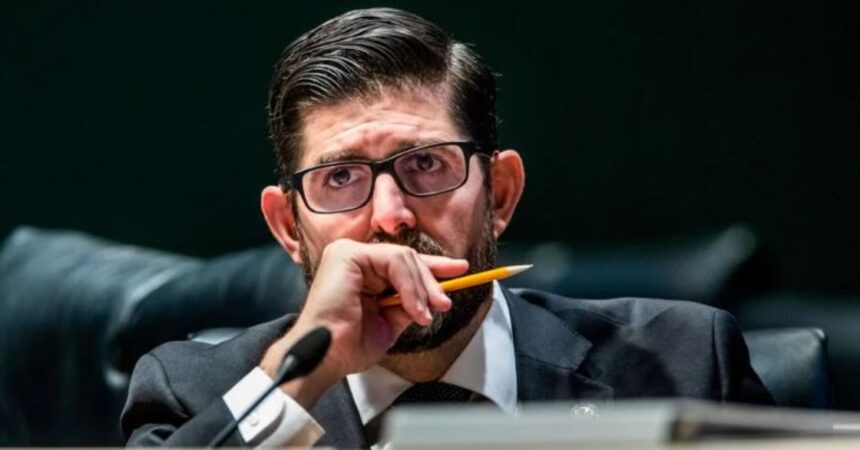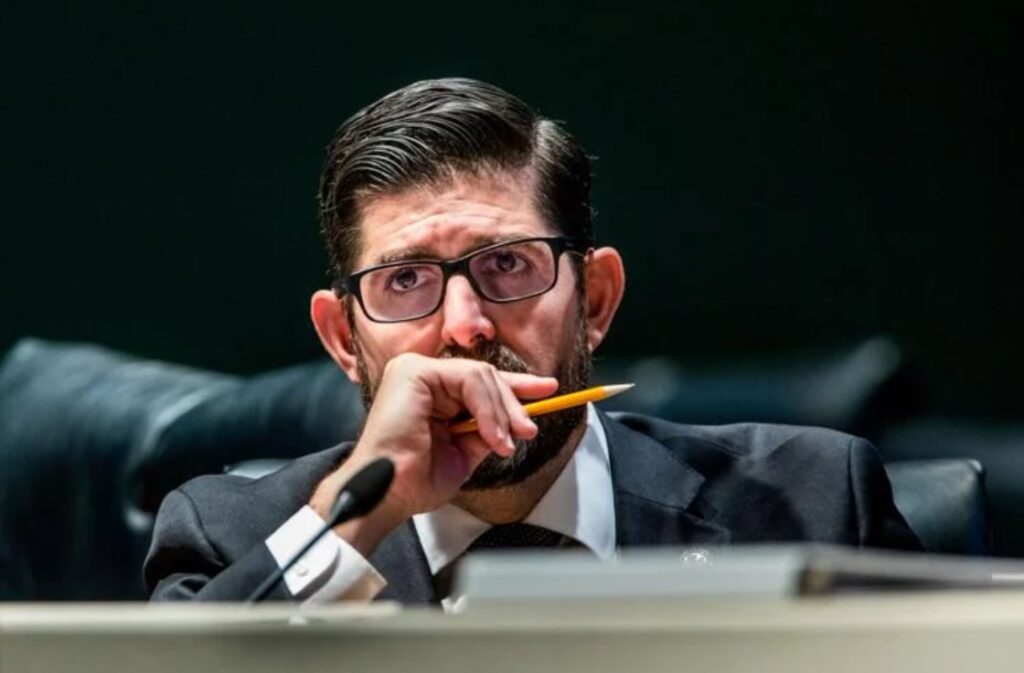
Sociology class change spurs debate

Photo submitted
By Ryan Dailey
News Service of Florida
State higher-education officials moved toward making changes to “general education core courses” at state universities, including a change involving a sociology course that could deal with issues such as gender, sexuality and race.
The Principles of Sociology class, which still would be available to students, would no longer count toward fulfilling required social-science coursework. The class involves lessons on gender, sex and sexuality and race and ethnicity, according to a syllabus from one university.
The Republican-controlled Legislature and Gov. Ron DeSantis this spring approved a controversial law (SB 266) that required a review of the state college and university systems’ core courses in five subject areas. The law also made changes such as prohibiting colleges and universities from spending money on diversity, equity and inclusion initiatives.
Faculty committees in the various subject areas conducted core-course reviews and provided recommendations to the university system’s Board of Governors. Under the law, the reviews were designed to lead to “removal, alignment, realignment, or addition” based on certain criteria.
The faculty committees ultimately recommended adding Introduction to Geology and Introduction to Oceanography to the natural sciences class offerings and a history course, Introductory Survey to 1877, to the social sciences offerings.
While the committees did not recommend removing core courses, state Education Commissioner Manny Diaz Jr. proposed removing Principles of Sociology from the social sciences category. The history course would take its place, said Diaz, who holds a seat on the Board of Governors.
Diaz said students could use the history course to meet a requirement that they demonstrate competency in civic literacy.
“The students would be able to take the course that was added for 1877, the American history course, which would help them fulfill the civic literacy requirement,” Diaz said.
The Board of Governors’ Academic and Student Affairs Committee last Thursday approved the proposed changes to the core courses list, including Diaz’s proposal. The list of courses would need approval from the full Board of Governors at a subsequent meeting.
But the proposed change about removing the sociology course received pushback from faculty and student representatives on the Board of Governors’ committee.
“I think the (faculty) committee did a great job. These are our subject matter experts across the state that the universities convened. And I think that we should approve the list as given to us by our subject matter experts, so I would not be in favor of removing that (the sociology course) from the list,” said Amanda Phalin, a professor at the University of Florida.
Board member Patricia Frost, a former public-school teacher and principal who also previously served as a member of Florida International University’s Board of Trustees, backed Phalin’s opposition.
Student board member Jack Hitchcock, who attends Florida State University, also opposed the change.
“I certainly agree that adding the (history course) promotes civic engagement in education. I don’t know how deleting Principles of Sociology promotes civic engagement in education. So, I would share the same sentiment,” Hitchcock said.
A fall 2022 syllabus for the Principles of Sociology course at the University of Florida outlined issues included in the class, which the school listed as fulfilling a core-course requirement. For example, “course objectives” said the class involves a “brief overview of sociology as a discipline within the social sciences that exposes students to strategies to identify, study, and address social issues and research questions.”
The objectives said students are encouraged “to develop a better understanding of how their own lives and significant relationships are shaped by larger social forces.”
In the course schedule, which included exams and their topics, one exam included topics “Gender, Sex & Sexuality” and “Social Class & Education.” Another exam dealt with “Race, Ethnicity & Migration.”
With the potential change in core courses looming, Phalin said the move would have a big impact.
“These are very large enrollment courses that affect hundreds and thousands of students across the system. What this body has done today is made a change that is going to have massive impacts,” Phalin said.
Tim Cerio, chairman of the board’s Academic and Student Affairs Committee, replied that members understand the potential impact.
“This board does understand the ramifications of the actions it takes. We’re always willing to have more input, but I don’t think any of us cast votes lightly or willy-nilly or not appreciating the impact on the system,” Cerio said.







